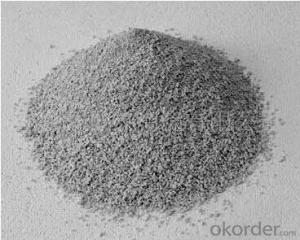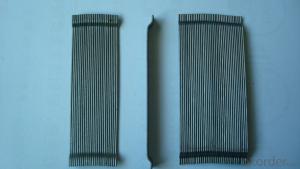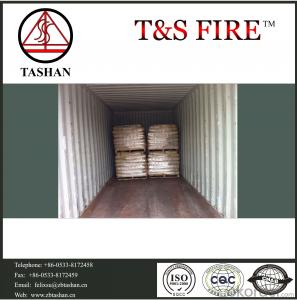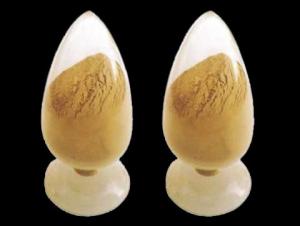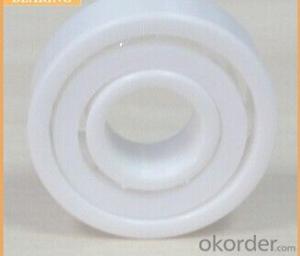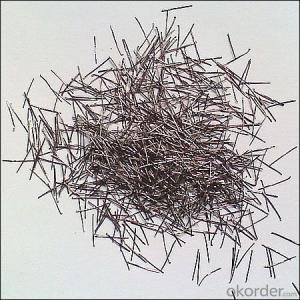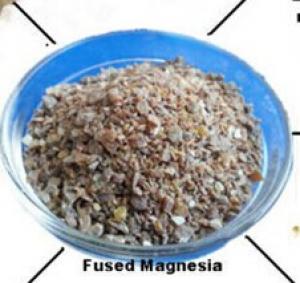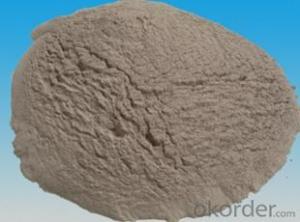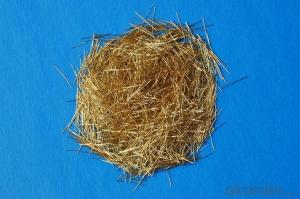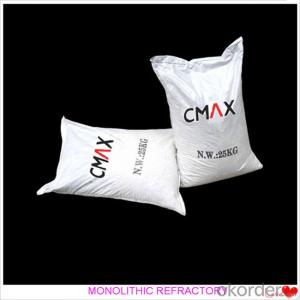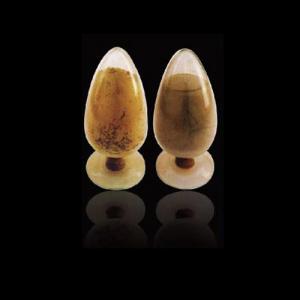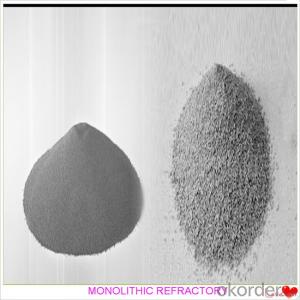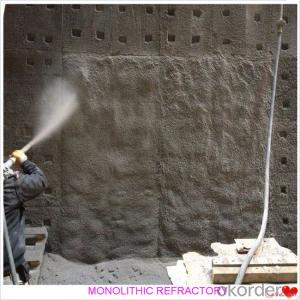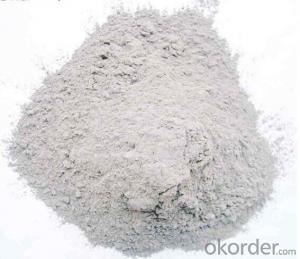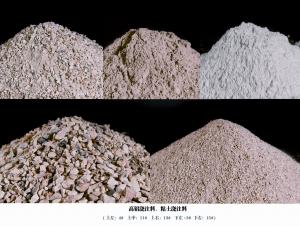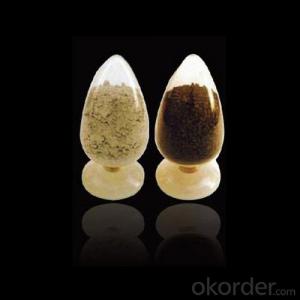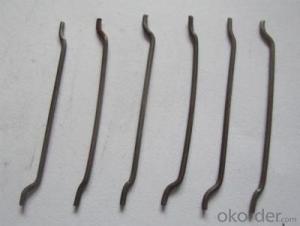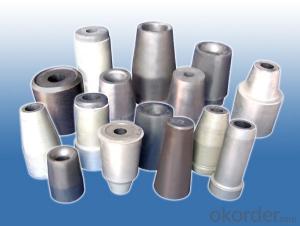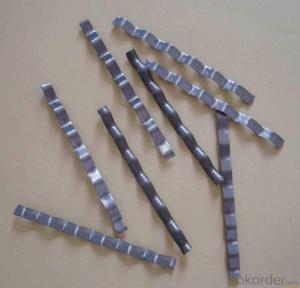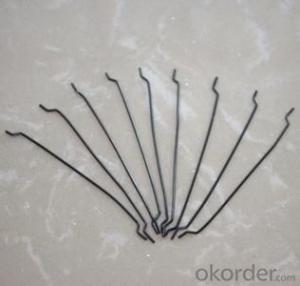All Categories
- - Steel Wire Rod
- - Steel Coils
- - Steel Profiles
- - Steel Pipes
- - Stainless Steel
- - Tinplate
- - Special Steel
- - Steel Sheets
- - Steel Rebars
- - Steel Strips
- - Hot Rolled Steel
- - Cold Rolled Steel
- - Pre-painted Steel
- - Seamless Steel Pipe
- - Welded Steel Pipe
- - Hollow Steel Tubes
- - Galvanized Pipe
- - Stainless Steel Coil
- - Stainless Steel Sheet
- - Stainless Steel Plate
- - Stainless Steel Strips
- - Electrolytic Tinplate Coil
- - Electrolytic Tinplate Sheet
- - Stainless Steel Rebars
- - Solar Panels
- - Solar Water Heater
- - Solar Related Products
- - Solar Inverter
- - Solar Cells
- - Solar Light
- - Solar Energy Systems
- - Solar Controllers
- - Solar Mounting System
- - Solar Pump
- - Solar Chargers
- - Fiberglass Chopped Strand
- - Fiberglass Mesh Cloth
- - Composite Pipes
- - FRP Pultrusion Profiles
- - Fiberglass Mat Tissue
- - Fiberglass Fabrics
- - Fiberglass Mesh
- - Composite Tank
- - Fiberglass Mesh tape
- - Polymer
- - FRP Roofing Panel
- - Fiberglass Roving
- - Monolithic Refractories
- - Ceramic Fiber Products
- - Refractory Bricks
- - Raw Materials For Refractory
- - Suspended Platform
- - Cranes
- - Concrete Machinery
- - Earthmoving Machinery
- - Building Hoist
- - Road Building Machinery
- - Plastic Pipe Fittings
- - Plastic Tubes
- - Plastic Sheets
- - Agricultural Plastic Products
- - Plastic Nets
Q & A
How do monolithic refractories perform in abrasive environments?
Monolithic refractories perform well in abrasive environments due to their high density and strength, which allow them to withstand the erosive forces caused by abrasive materials. Their composition and structure also provide resistance to chemical attacks, maintaining their integrity and performance over time.
How do monolithic refractories compare to castable refractories in terms of performance?
Monolithic refractories generally outperform castable refractories in terms of performance. Monolithic refractories are made from a single material and are often more dense and have higher strength than castable refractories. They also have better resistance to thermal shock and can withstand higher temperatures. Additionally, monolithic refractories offer better chemical resistance and can be easily shaped or repaired on-site, providing greater flexibility and cost-effectiveness in various industrial applications.
How are monolithic refractories different from traditional refractory bricks?
Monolithic refractories are different from traditional refractory bricks in that they are not pre-formed into specific shapes but are instead applied in a plastic or semi-plastic state and then cured in place. This allows for greater flexibility in installation and can be more cost-effective for complex or irregular shapes. Traditional refractory bricks, on the other hand, are pre-formed and need to be carefully arranged and mortared together.
How are monolithic refractories different from traditional refractory materials?
Monolithic refractories differ from traditional refractory materials in their composition and application. Unlike traditional refractories, which are composed of pre-formed shapes like bricks or tiles, monolithic refractories are applied in a plastic or semi-plastic form, allowing for easy installation and repair. They are also typically made from a single material, such as castables or gunning mixes, whereas traditional refractories can be made from a variety of materials like fireclay, silica, or alumina. Monolithic refractories offer greater flexibility, adaptability, and resistance to thermal shock, making them ideal for complex or irregular furnace linings.
What are the main types of monolithic refractories?
The main types of monolithic refractories are castables, gunning mixes, ramming mixes, and plastic refractories.
Wholesale Monolithic Refractories from supplier in Egypt
Our team of experts is committed to understanding your specific requirements and providing tailored solutions to meet your needs. We offer a wide range of Monolithic Refractories products, including castables, plastics, ramming masses, and gunning mixes, among others.
In addition to our extensive product portfolio, we also offer technical support and assistance to help you choose the right refractory materials for your applications. Our knowledgeable team can provide guidance on material selection, installation techniques, and maintenance practices, ensuring optimal performance and longevity of your refractory linings.
When you choose our company, you can expect exceptional customer service and prompt delivery of high-quality products. We understand the importance of timely project execution and strive to meet your deadlines and requirements.
As a subsidiary of CNBM, we have access to a vast network of resources and expertise, enabling us to remain at the forefront of the industry. Our parent company is a global leader in building materials, with a strong focus on innovation and sustainability. This affiliation allows us to stay up-to-date with the latest advancements in refractory technology and offer cutting-edge solutions to our customers.
Whether you are involved in the steel, cement, glass, petrochemical, or any other industry requiring refractory materials, we are here to support your needs. Contact us today for personalized assistance and let us be your trusted partner for Monolithic Refractories in Egypt.
In addition to our extensive product portfolio, we also offer technical support and assistance to help you choose the right refractory materials for your applications. Our knowledgeable team can provide guidance on material selection, installation techniques, and maintenance practices, ensuring optimal performance and longevity of your refractory linings.
When you choose our company, you can expect exceptional customer service and prompt delivery of high-quality products. We understand the importance of timely project execution and strive to meet your deadlines and requirements.
As a subsidiary of CNBM, we have access to a vast network of resources and expertise, enabling us to remain at the forefront of the industry. Our parent company is a global leader in building materials, with a strong focus on innovation and sustainability. This affiliation allows us to stay up-to-date with the latest advancements in refractory technology and offer cutting-edge solutions to our customers.
Whether you are involved in the steel, cement, glass, petrochemical, or any other industry requiring refractory materials, we are here to support your needs. Contact us today for personalized assistance and let us be your trusted partner for Monolithic Refractories in Egypt.
Hot Search
- Monolithic Refractories in Lesotho
- Ceramic Fiber Products in Palau
- Refractory Bricks in Turkey
- Raw Materials For Refractory in Mauritania
- Ceramic Fiber Products in Egypt
- Monolithic Refractories in Zambia
- Refractory Bricks in Monaco
- Ceramic Fiber Products in Maldives
- Monolithic Refractories in Samoa
- Monolithic Refractories in Sudan
